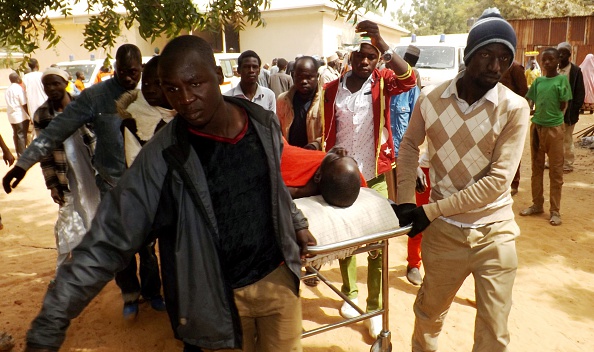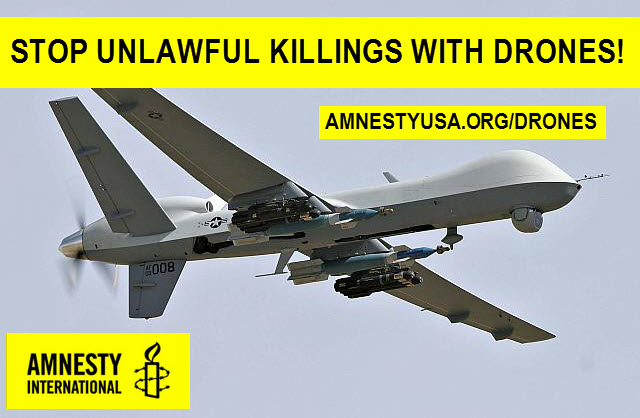
Extrajudicial killings in Guatemala
I hope that during US Secretary of State Clinton’s March 4th visit to Guatemala, the grave human rights situation, specifically the extra-judicial killings coupled with the cloud of impunity surrounding those killings, are at the top of the agenda. Secretary Clinton will be taking a quick trip thorough South and Central America, and her trip will be concluding in Guatemala, where she will be meeting with Guatemalan President Colom and a few other Central American leaders.
Over the past several years, various Guatemalan human rights organizations have received numerous reports of kidnappings and murders where police officers, off duty officers, hired security, or members of the armed forces are the suspected perpetrators. In many instances, officers act under direct order, complicity, or the acquiescence of Guatemalan authorities. Frequently, young men from marginalized sectors of society who have criminal records are the victims, and potential witnesses refuse to testify for fear of retribution.
It is important to note here too, that not just young men are targets; members of indigenous communities, women, and human rights activists are also at risk. Amnesty International has a current urgent action calling for the protection of the activists of civil society group, FRENA, the Resistance Front for the Defense of Natural Resources and People’s Rights (or in Spanish Frente de Resistencia en Defensa de los Recursos Naturales y Derechos de los Pueblos) three members of which have been the victims of extrajudicial killings. Currently there are no suspects. A recent press release issued by the Inter-American Commission on Human Rights urges the necessity for “the Guatemalan State to maximize its efforts to investigate and legally clarify these crimes and to prosecute the perpetrators and masterminds”.
In 2007, the UN Special Rapporteur on extrajudicial killings visited Guatemala and published a report which noted that:
“…There is strong evidence that some acts of social cleansing—executions of gang members, criminal suspects, and other ‘undesirables’ –are committed by police personnel”.
The report found that of Guatemala’s 5,000 annual homicides, 1.4% of those cases end in a conviction. In the same 2007 report, the Rapporteur called for the “categorical rejection” by the government of the practice of extrajudicial killings and the expansion of the criminal justice system to effectively investigate murders. SEE THE REST OF THIS POST




